An Israeli startup has bioengineered milk protein to create a wide range of dairy products – using mushrooms and no cows. And, the company says, their products are healthier, greener and cheaper to create.
Haifa-based ImaginDairy uses freely available DNA codes for milk proteins to recreate their DNA, the company’s CEO and co-founder Eyal Afergan tells NoCamels. The data is even available on the website of the US government’s National Center for Biotechnology Information.
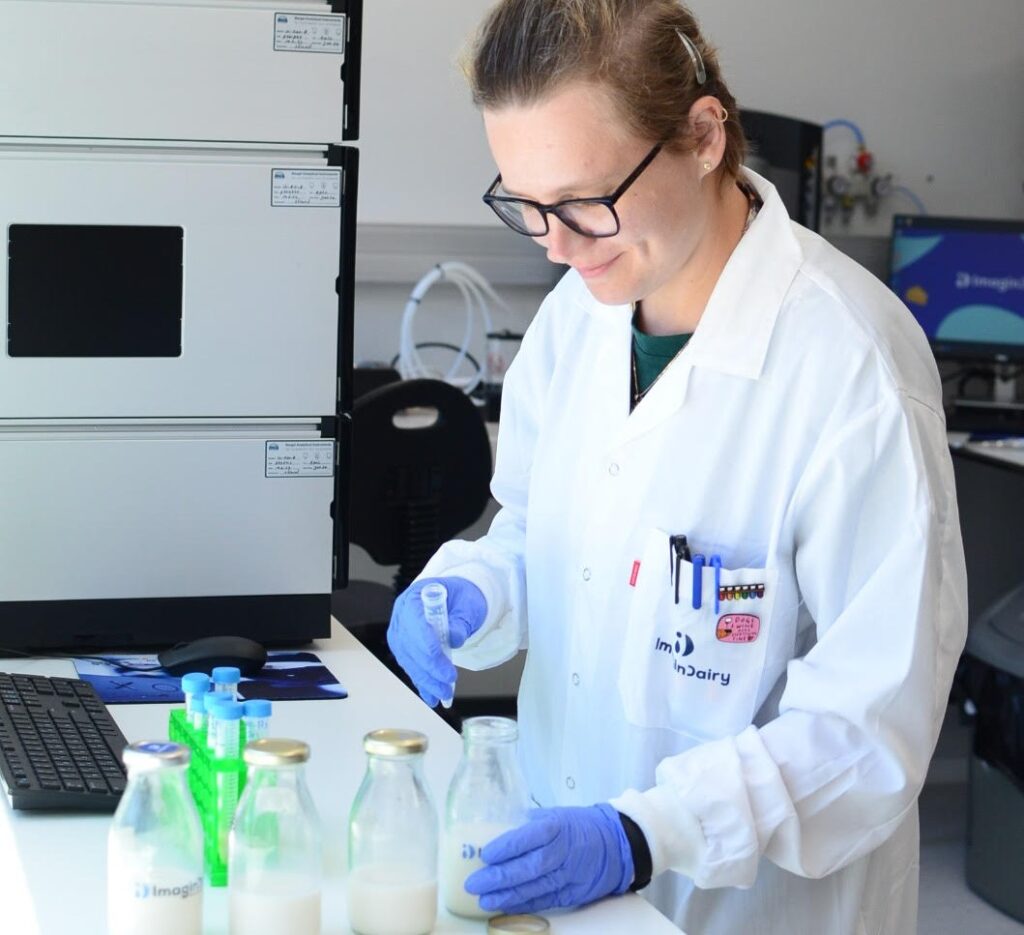
There are two major proteins in milk – whey and casein, Afergan explains. These proteins are present in every single milk-based food. Casein makes up about 80 percent of the protein in bovine milk, and whey about 20 percent.
Using a process called precision fermentation, ImaginDairy has recreated these proteins in the lab in order to generate every kind of dairy product. And according to the company, the taste is identical to the original.
This process modifies microorganisms to create certain proteins and other compounds by inserting genes into their existing DNA. Afergan says that the process has been in use in the food industry for more than four decades.
“We aren’t using something unique,” he says. What is unique, however, is the way in which it is applied.
The modified DNA is inserted into a “specific location” inside the DNA of the fungus, Afergan says, which then causes the mushroom to produce the milk protein.
“We basically hijack the fungi’s regulatory elements and production facility and the fungus starts to produce our target protein,” he says.
Mushrooms are easy and cost effective to grow, doubling in size every 24 hours, and they can be picked just four days after they are visible in the soil.
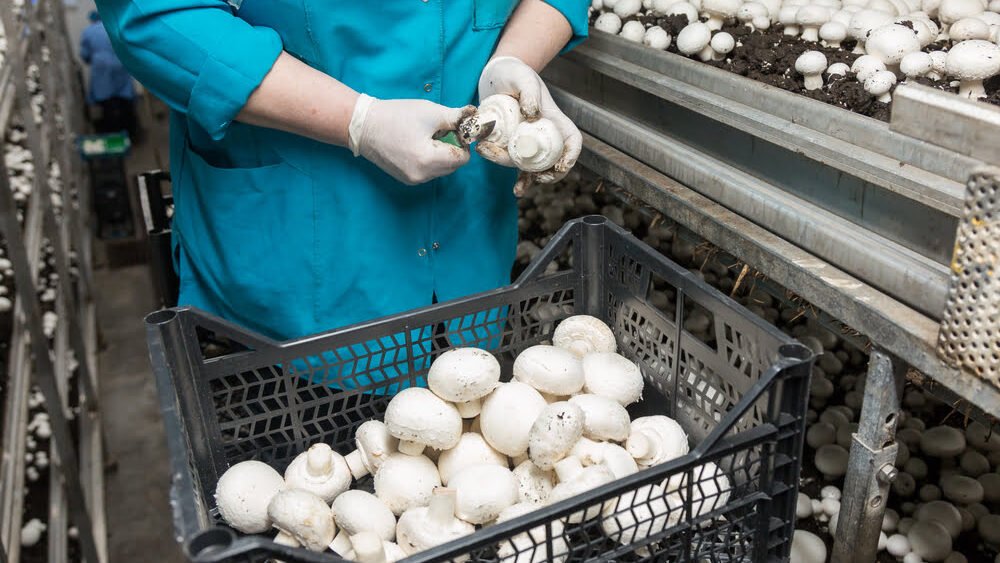
Once the harvested mushroom has produced the required milk protein, Afergan explains, ImaginDairy adds plant-based fats, carbohydrates and other ingredients in order to create the specific dairy products, such as milk or cheese or even ice cream.
Plant-based fats are commonly found in foods such as flaxseeds, coconuts, hemp seeds, avocados, olives, nuts and sesame seeds.
Afergan, whose background is in biochemical engineering, says the company’s proprietary process was developed over the last 20 years by Prof. Tamir Tuller, ImaginDairy’s co-founder and CSO, who heads the Computational Systems and Synthetic Biology lab at Tel Aviv University.
Quality Production
According to Afergan, the ImaginDairy production method is superior to animal-created dairy foods in a variety of ways.
The ImaginDairy process is far cleaner and vastly less ecologically costly than using animal farming to obtain milk. Dairy farming, he points out, takes a vast environmental toll on the planet’s resources.
Indeed, according to the World Wildlife Fund, there are currently 270 million cows being used in dairy farming across the globe. And demand is rising in many parts of the world as populations grow, and non-Western nations that traditionally consume less milk are incorporating more of it into their diets.
This, the WWF warns, is placing growing pressure on Earth’s natural resources such as freshwater and soil, increasing greenhouse gas emissions and eating up environmentally critical areas such as prairies and forests to create pastures for the cows to graze. What is more, overgrazing and the trampling of animal hooves can cause extreme damage to the earth that could take hundreds of years to recover from.
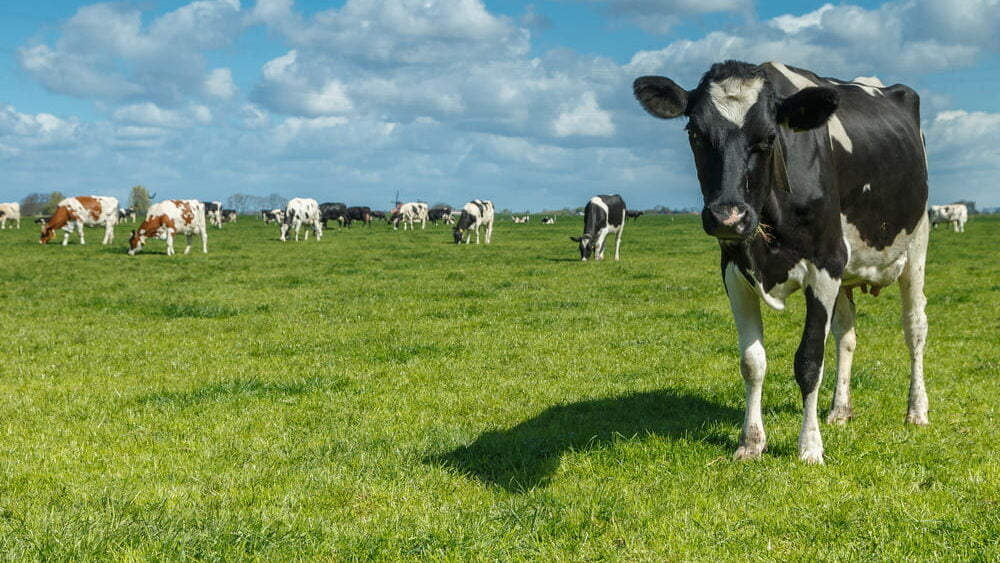
“Our process is by far much, much more eco friendly,” says Afergan.
Because the production process is lab-based, he explains, the company uses more than 90 percent less water than the traditional dairy industry. It also produces 97 percent less carbon emissions and requires just one percent of the land needed by the traditional dairy industry.
Sign up for our free weekly newsletter
SubscribeJust as importantly, ImaginDairy says, its process produces zero methane – a greenhouse gas that is one of the biggest causes of global warming and one produced in great amounts by a cow’s digestive system.
The lab-developed dairy products are also beneficial to the health of the consumer, Afergan claims.
“We keep all the superior nutritional benefits of milk, but remove the lactose,” he says of the sugar found naturally in milk.
He points out that around 65% of the world’s population cannot properly absorb lactose, a statistic supported by the US Department of Health and Human Services.
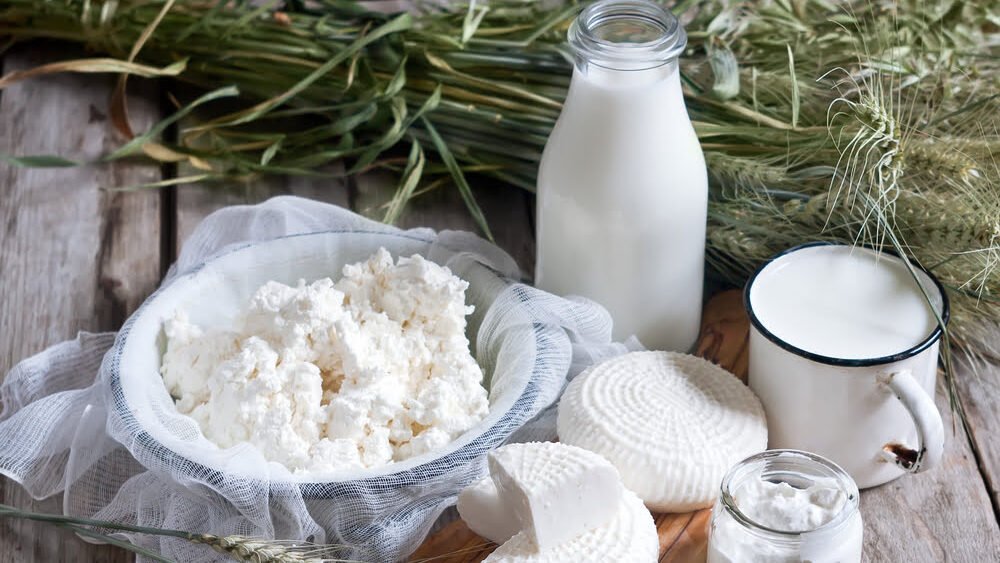
The ImaginDairy process also has no cholesterol, hormones or antibiotics in its products, he says, and because no cows were physically involved in the creation of the protein, it is even suitable for vegans.
The company is not the only one in the world using precision fermentation to create milk proteins, but Afergan says that the way in which they are working leads to uniquely high volumes of dairy products.
The conversation surrounding dairy farming today is about its high cost and low volume, he explains.
Big Business
The dairy farming market is worth huge amounts annually. In 2022, it was valued at around $893 billion, and is expected to reach $1,243 billion in the next five years.
“ImaginDairy wants to change the equation,” he says.
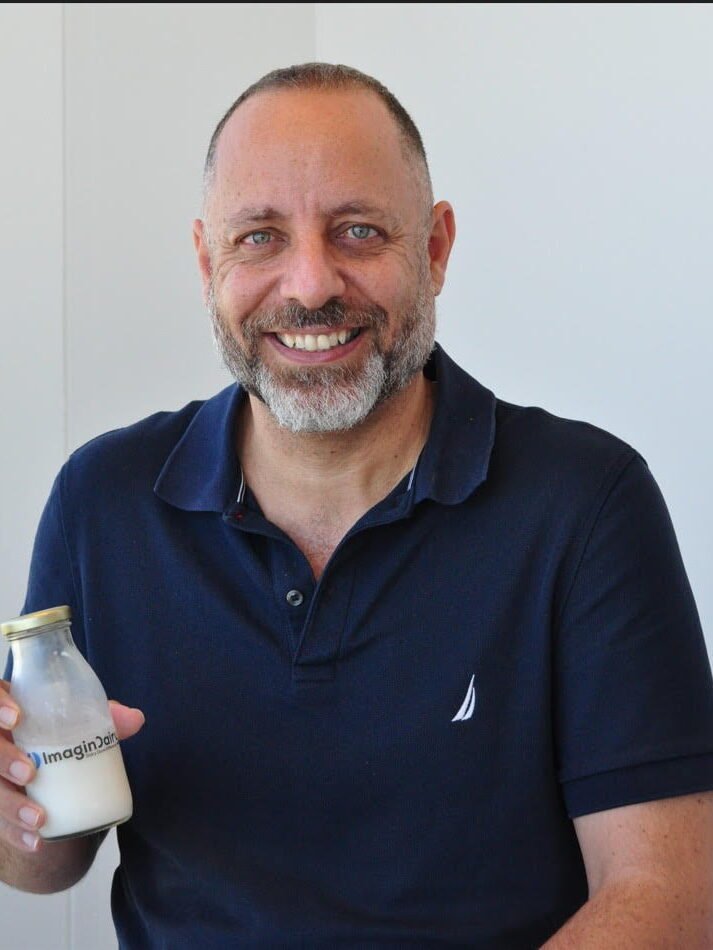
“We use state-of-the-art technology [that has] allowed us to drive productivity very high. Think about a cow that gives you one liter of milk a day versus 40 liters of milk. Our technology allows us to push… to produce more and more milk.”
Funding for the project came initially from the government-owned Israel Innovation Authority; the Kitchen Hub, a food tech project by Israeli food giant Strauss and various venture capitalists.
And now ImaginDairy has recently received investment from the Danone Group – one of the world’s largest dairy companies and producers of alternative milks.
While its dairy products are not on the market, the company has already developed a range of products, including yogurt, milk, ice cream and cheese, on a commercial scale.
The products have received a Generally Recognized as Safe (GRAS) classification from the US Food and Drug Administration, which means that they can be sold in American stores.
The United States is the company’s first targeted location, with the Israeli market next on the list.
“Our technology enjoys the benefits of both worlds,” Afergan says. “The planet from an environmental perspective and nutrition-wise from the dairy, so it’s a win-win for everyone.”
Related posts

Editors’ & Readers’ Choice: 10 Favorite NoCamels Articles

Forward Facing: What Does The Future Hold For Israeli High-Tech?

Impact Innovation: Israeli Startups That Could Shape Our Future




Facebook comments